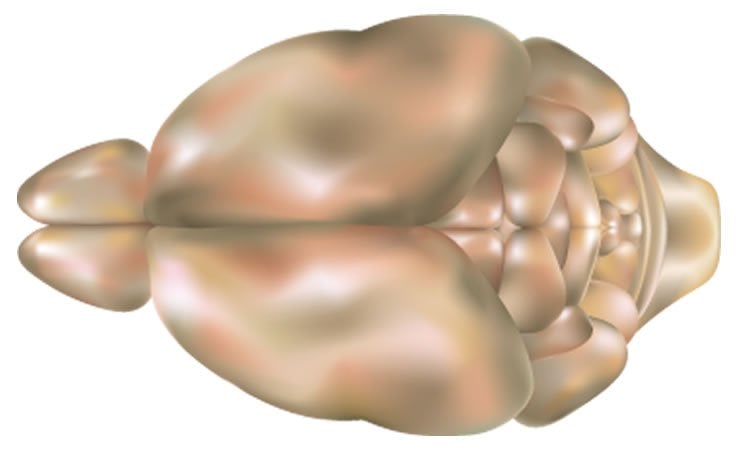A genetic mouse model that recreates the effects of lithium treatment could help improve therapies for bipolar disorder.
Bipolar disorder is a mental illness characterized by episodic mood swings that can impair the ability of sufferers to function in ordinary life. Lithium is one of the most effective treatments for the disorder, but the biological basis for its effectiveness has remained unclear. Tetsuo Ohnishi and colleagues from the RIKEN Brain Science Institute and RIKEN BioResource Center have now produced a genetic mouse model to show that lithium’s therapeutic effect stems from its suppression of a biomolecule called myo-inositol.
Lithium has various biological effects, one of which is to inhibit the enzyme myo-inositol monophosphatase (IMPase). This enzyme normally synthesizes myo-inositol, which is an important signaling molecule in cells. It has been unclear, however, whether lithium’s effect on myo-inositol levels is what makes it effective in treating bipolar disorder.

“We set out to examine whether or not the inositol depletion hypothesis of lithium action is real by creating a mouse model in which cellular myo-inositol is reduced genetically,” explains Ohnishi. “If the hypothesis is correct, the mouse model should mimic lithium’s biological effects.” The mouse model created by the research team was genetically engineered to express mutant forms of IMPase, which prevented the animals from producing myo-inositol.
“Lithium exerts antimanic and antidepressive effects in humans, and prolongs the circadian period,” says Ohnishi. “We found an antidepressive trait in our mouse model in various tests, and the circadian period of the model mice was longer than in wild-type controls. Collectively, the data suggest that cellular inositol depletion exerts lithium’s effects.”
The mutation also had another unexpected effect, causing defects in the development of the lower jaw and ribs in some mice. Adding myo-inositol to the drinking water of the pregnant mothers prevented these developmental problems, showing that the lack of myo-inositol was responsible. This effect has never been seen before, and Ohnishi thinks it could provide more clues about the effects of lithium. “The molecular mechanisms evoking developmental defects and behavioral effects probably overlap at the molecular level,” he notes.
The researchers believe that investigating these overlapping points could potentially reveal the molecular mechanism of lithium in the brain, as well as the mechanism responsible for developmental abnormalities. Ohnishi is also confident that the findings will assist in improving the treatment of bipolar disorder. “Some patients do not respond to lithium, and beneficial concentrations are close to the toxic range. Our findings may motivate therapeutic companies to develop new drugs that target IMPase.”
Contact: Tetsuo Ohnishi – RIKEN
Source: RIKEN press release
Image Source: The image is credited Database Center for Life Science (DBCLS) and is licensed Creative Commons Attribution 3.0 Unported
Original Research: Abstract for “Defective Craniofacial Development and Brain Function in a Mouse Model for Depletion of Intracellular Inositol Synthesis” by Tetsuo Ohnishi, Takuya Murata, Akiko Watanabe, Akiko Hida, Hisako Ohba, Yoshimi Iwayama, Kazuo Mishima, Yoichi Gondo and Takeo Yoshikawa in Journal of Biological Chemistry. Published online February 19 2014 doi:10.1074/jbc.M113.536706






